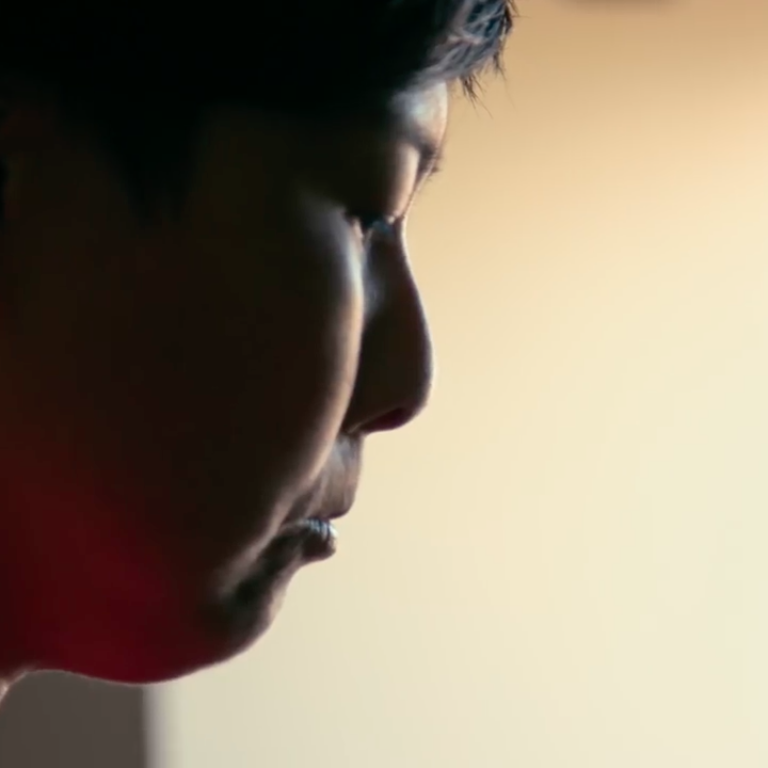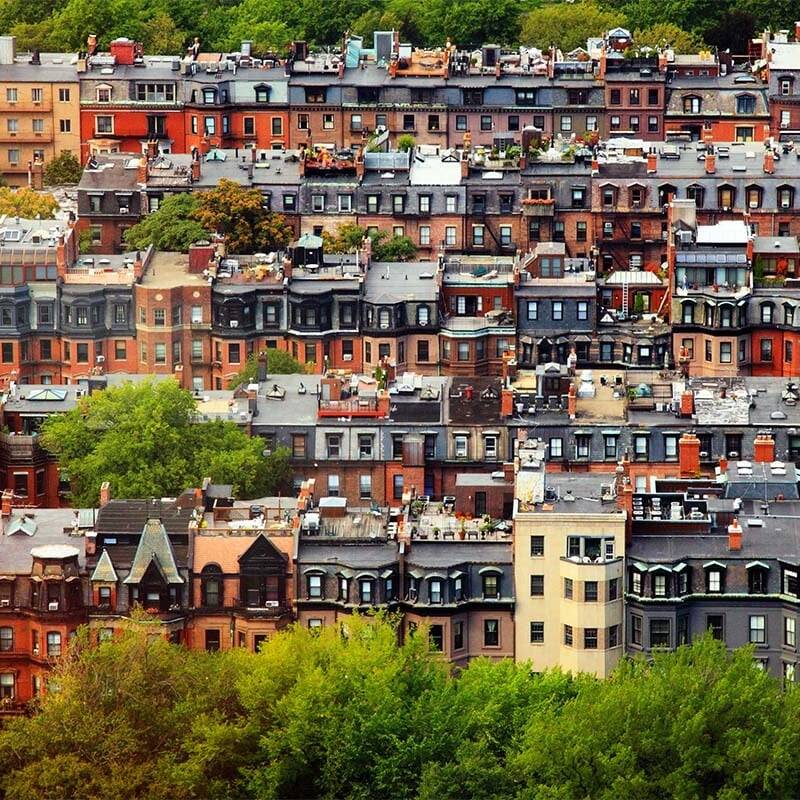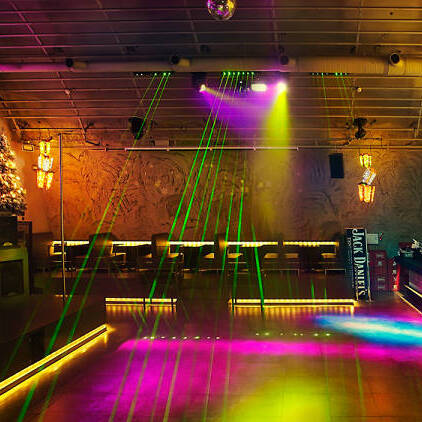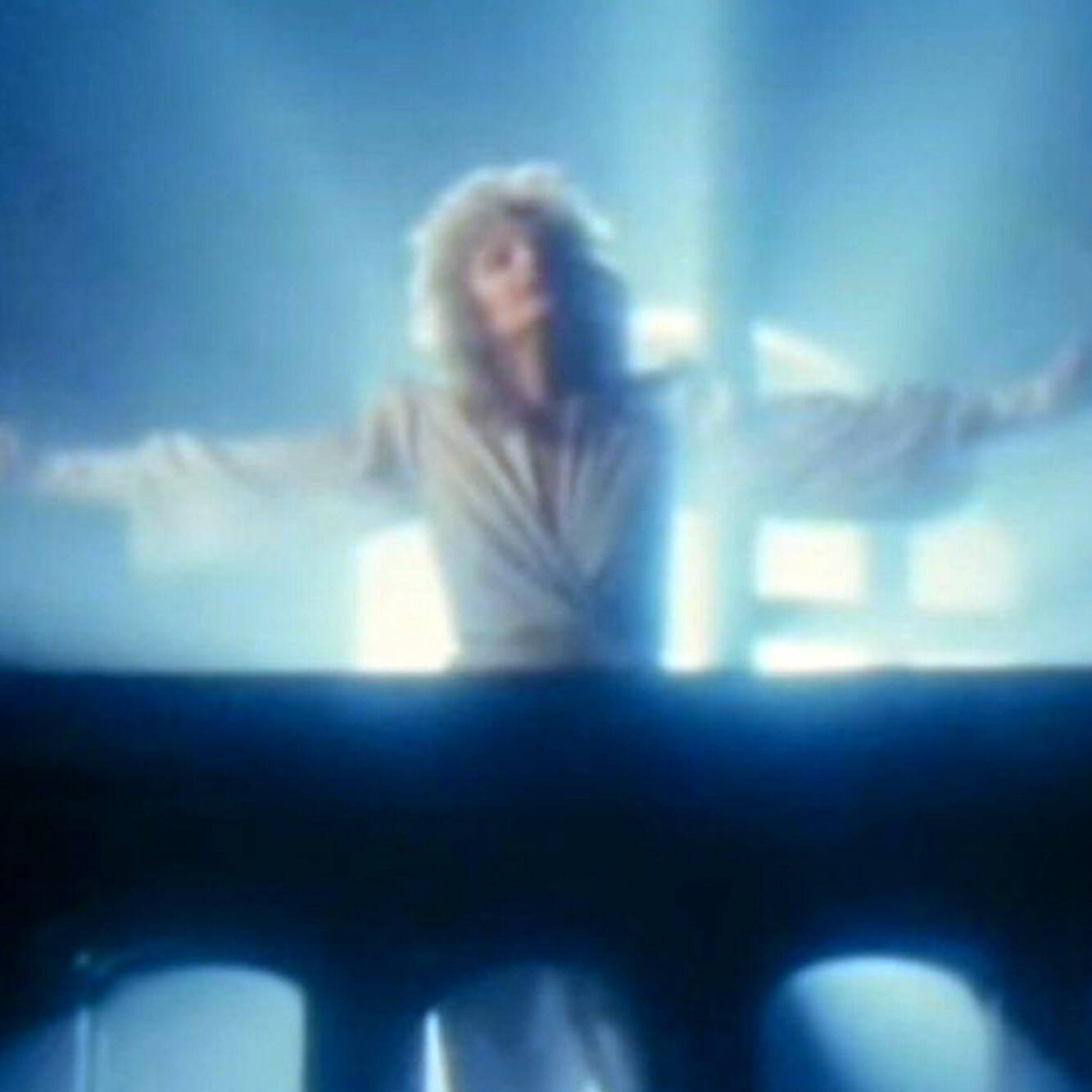“The nineteenth century dislike of Realism is the rage of Caliban seeing his own face in a glass. The nineteenth century dislike of Romanticism is the rage of Caliban not seeing his own face in a glass.”
— Oscar Wilde, The Picture of Dorian Gray
A screen of smoke erupts from a rocky panorama—grand, menacing, pure. It conjures the German Romantic painter Caspar David Friedrich’s Wanderer Above the Sea of Fog, in which an anonymous man stands with his back to us at the vanishing point atop a mountain, clouds gathering at his feet. But in the opening of La Soufrière, the little-known thirty-minute film by Werner Herzog, there’s no hint of any human presence—just us, the faceless audience, watching from some future place. Without a dark silhouette overlooking the landscape, the observer is us: for thirty-four seconds we are left in silence to admire the suppressed power of this peak. Finally, Herzog, our self-described “benevolent Caligari,” begins to speak off-camera, hypnotizing us with his brooding Germanic cadence:
In August 1976 there were clear indications that the volcano La Soufrière on the Caribbean island of Guadeloupe was about to erupt… an explosion of the whole volcano with the force of at least five or six atomic bombs. Thus, seventy-five thousand inhabitants were evacuated…
Upon reading that a man refused to leave despite these warnings, Herzog rushed to the island the next day, along with two cameramen, to find him.
"In the first half of the film, nature threatens to deprive humanity of its existence, but in the second half, civilization denies men their humanity."
In the next frame, we are in Basse-Terre, the most vulnerable town on the island, now completely empty. A streetlight flashes meaninglessly in the distance, directing no one. Telephones were still working, we are told, and the air-conditioning and refrigerators in many houses were still on.
Next, a shot of a woman’s shoe, one half of a pair of flats, appears briefly before the camera sweeps up to reveal a gate, cracked open, beckoning us toward an abandoned two-story house. Nearby, a white building sleeps over a deserted street, its clapboard shutters squeezed shut over the windows. This is the police station, Herzog’s voice tells us before adding with a straight face, It was a comfort for us not having the law hanging around.
Welcome to the end of the world.
[ Read More | PDF ]







